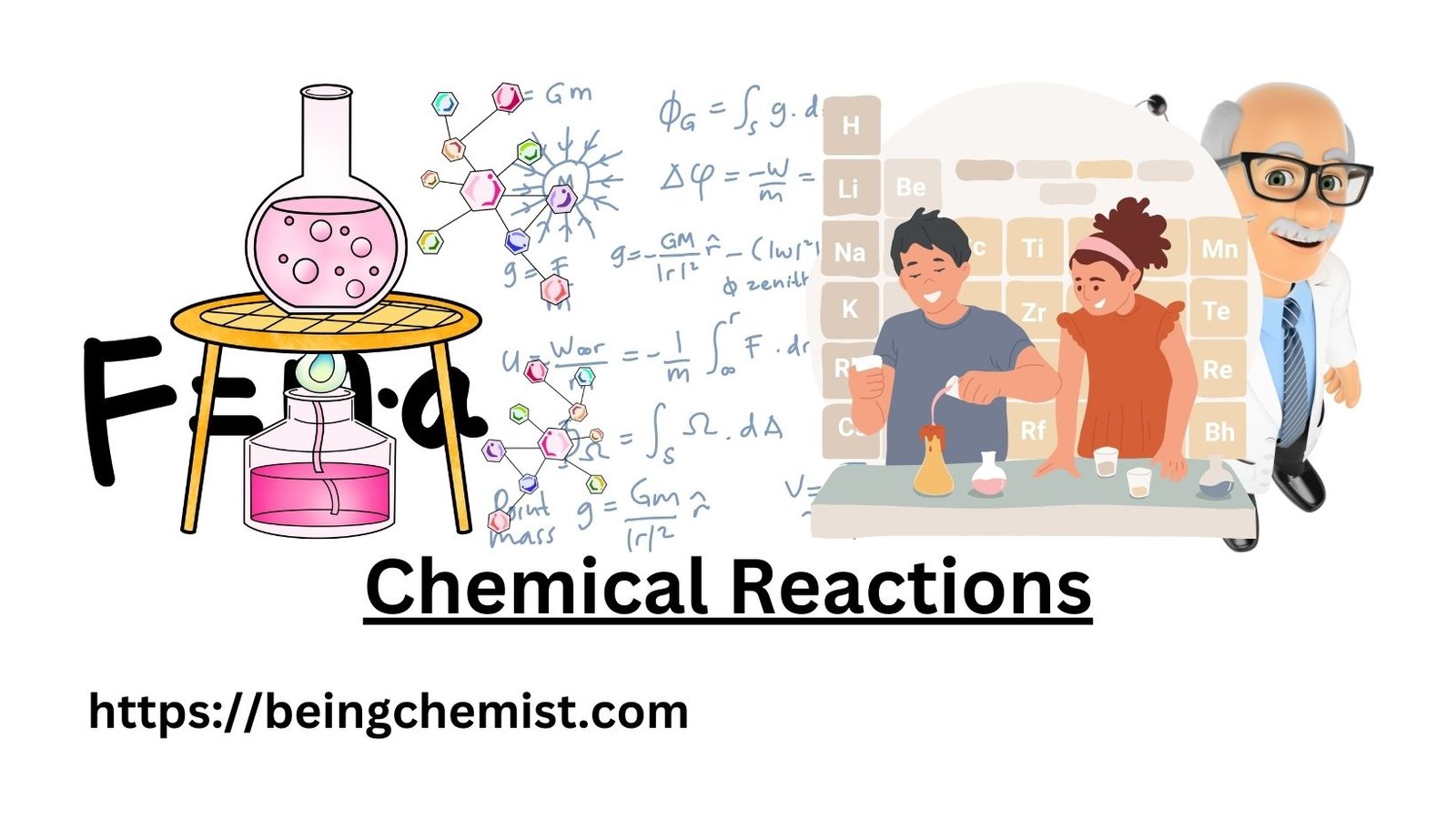Organic Chemistry
Organic chemistry is a branch of chemistry that deals with the study of carbon-containing compounds, known as organic compounds. In this article, we will explore the diverse world of organic chemistry, from the versatility of carbon to the reactions and applications of organic compounds.












